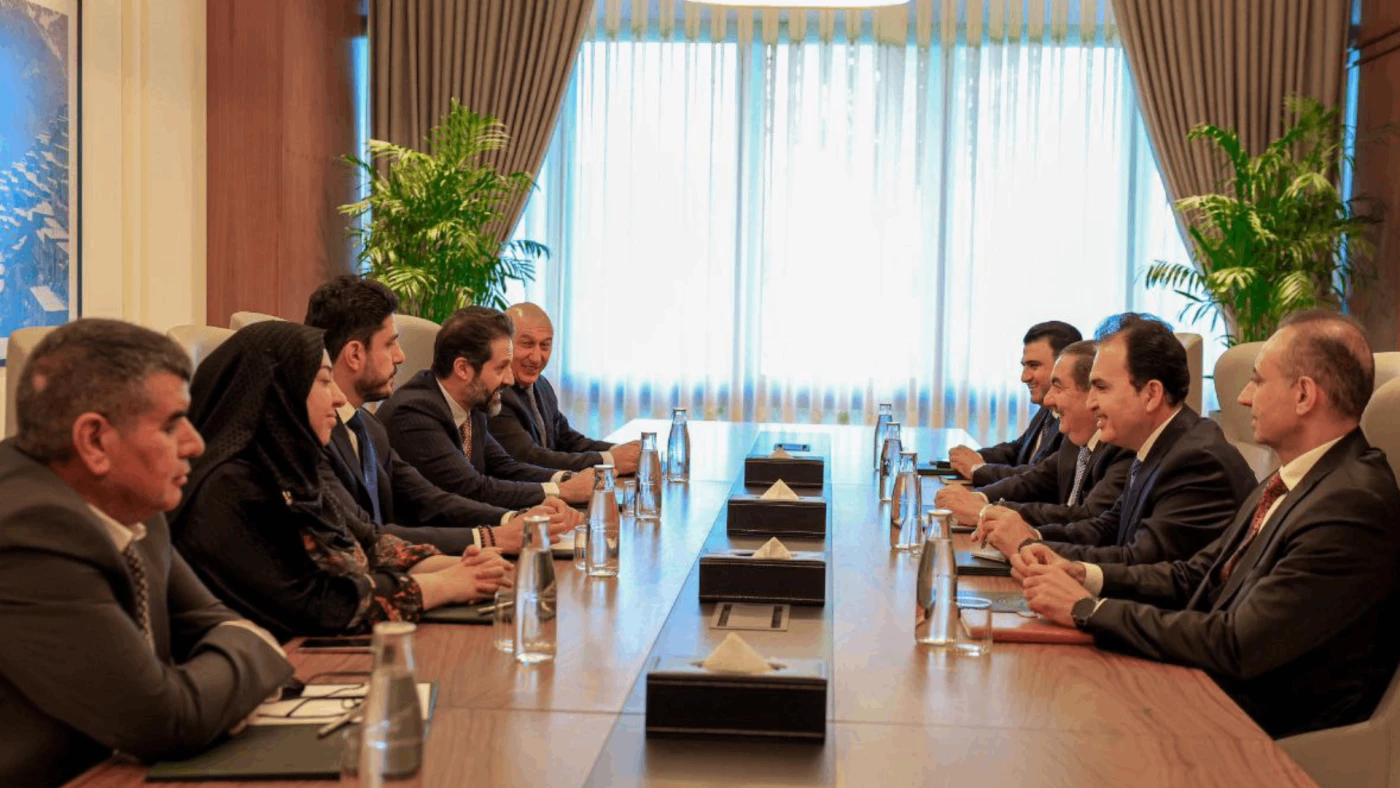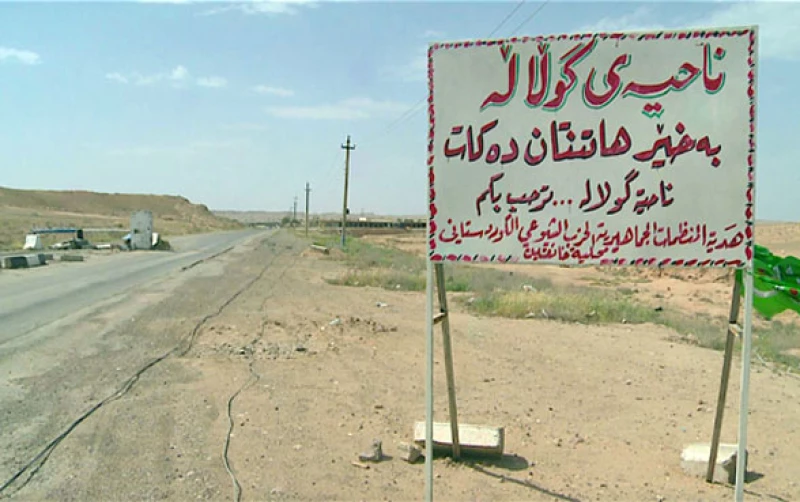ERBIL, Kurdistan Region of Iraq - The primary winner of the October 20 Kurdistan parliamentary elections, the Kurdistan Democratic Party (KDP), and runner-up Patriotic Union of Kurdistan (PUK) on Saturday held their first meeting aimed at forming the next government cabinet.
The meeting between the two delegations, held in the PUK’s politburo headquarters in the party’s stronghold Sulaimani, proceeded “in a positive atmosphere,” according to a joint statement from the Region’s two ruling parties.
“They discussed the stage after the election of the sixth term of the parliament, as well as the possibilities and preparations on how to work in a way that benefits the people of Kurdistan,” read the statement.
The delegations expressed their willingness to continue their meetings with each other and other parties, aimed at forming the next cabinet of the Kurdistan Regional Government (KRG).
The newly-elected parliament is set to hold its first session on Monday. The KDP and the PUK agreed on the significance of having a “good understanding” to hold the meeting, the statement added.
By law, the lawmakers are supposed to elect a speaker during the first session, but this seems unlikely for Monday’s sitting as no political agreements have yet been announced.
In the October 20 elections, which was held after a two-year delay, the KDP emerged as the clear victor, scoring 39 seats and getting over 400,000 votes more than its nearest nearest competitor, the PUK, which gained 23 seats.
The third place went to the New Generation with 15 seats, followed by the Kurdistan Islamic Union (KIU) with seven seats, the National Stance Movement (Halwest) with four seats, the Kurdistan Justice Group (Komal) with three seats, the People’s Front with two seats, and the Change Movement (Gorran) and the Kurdistan Coalition each with one seat.
Some parties who denounced the election results and alleged vote rigging and foul-play, have already announced their opposition, including the KIU, Komal, and Halwest Movement. The New Generation’s stance, however, has remained ambiguous.



 Facebook
Facebook
 LinkedIn
LinkedIn
 Telegram
Telegram
 X
X


